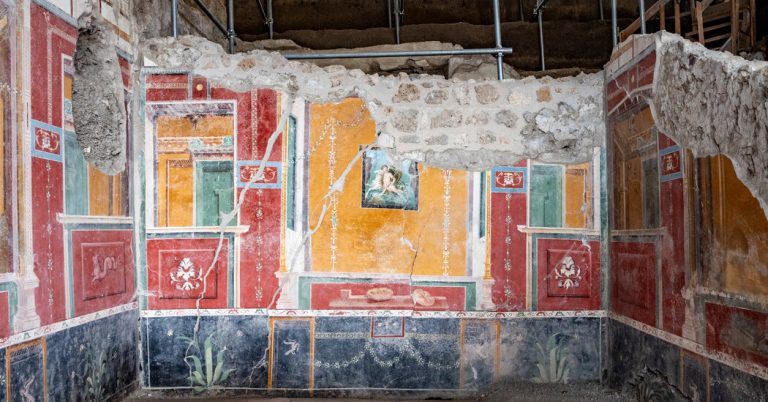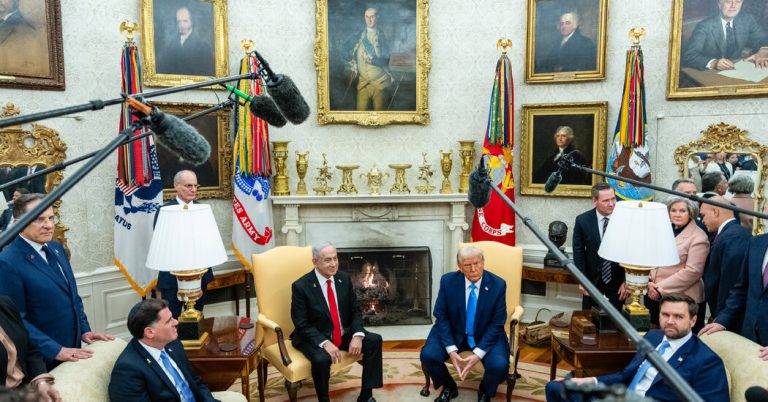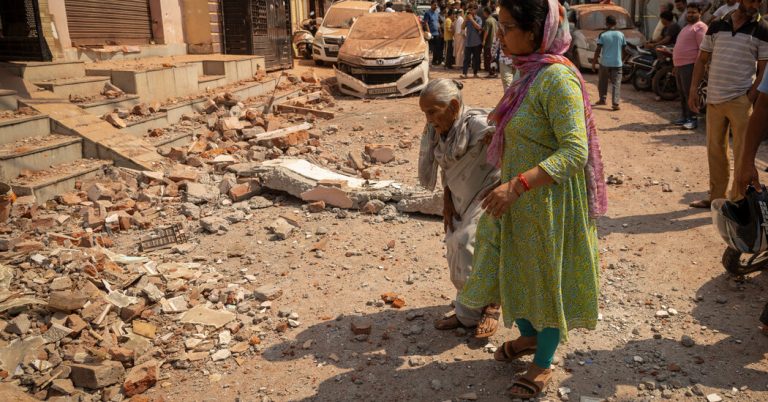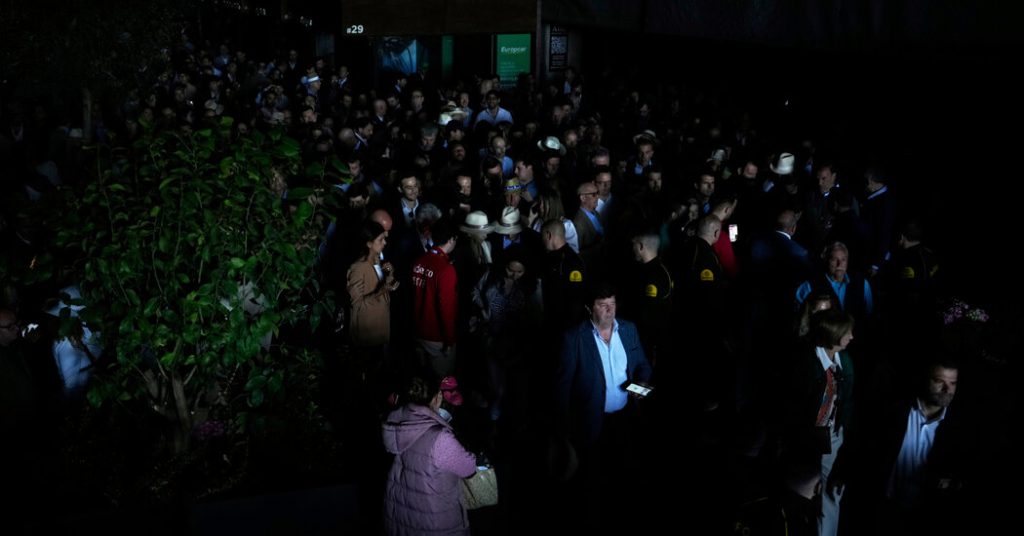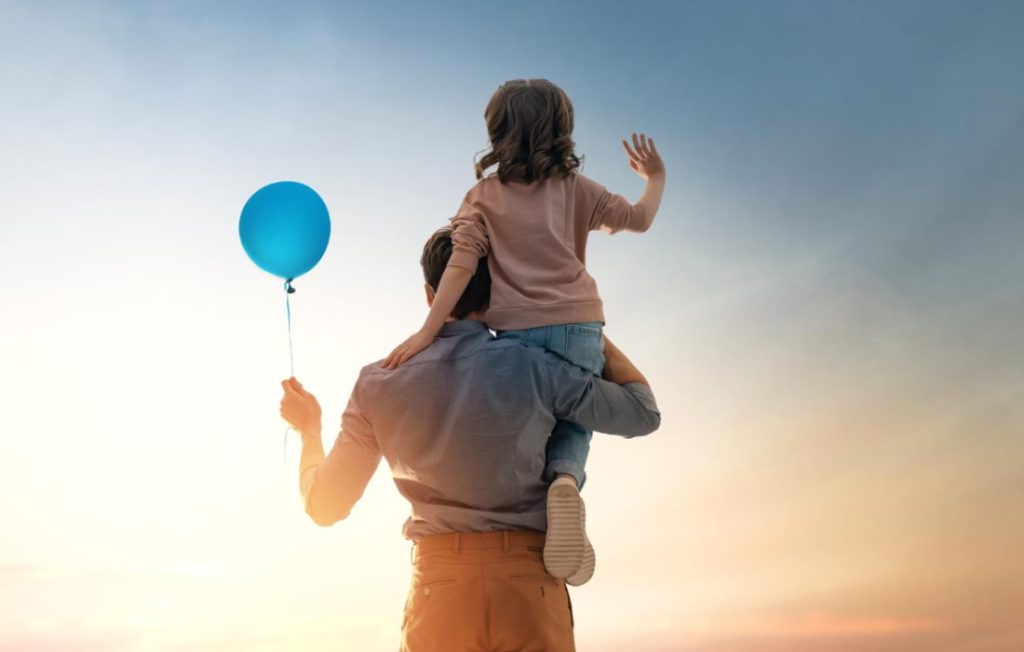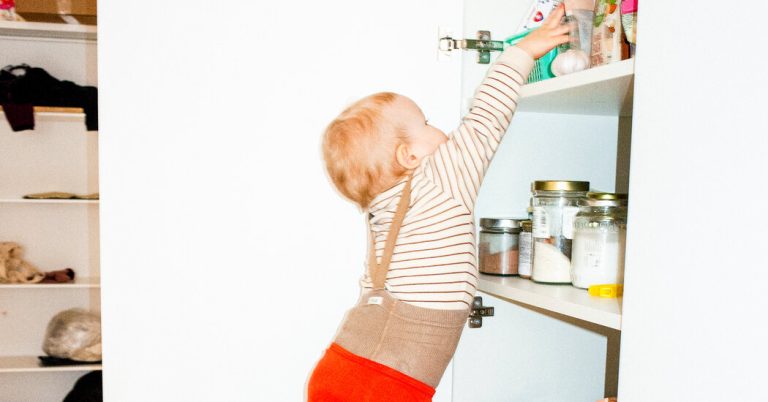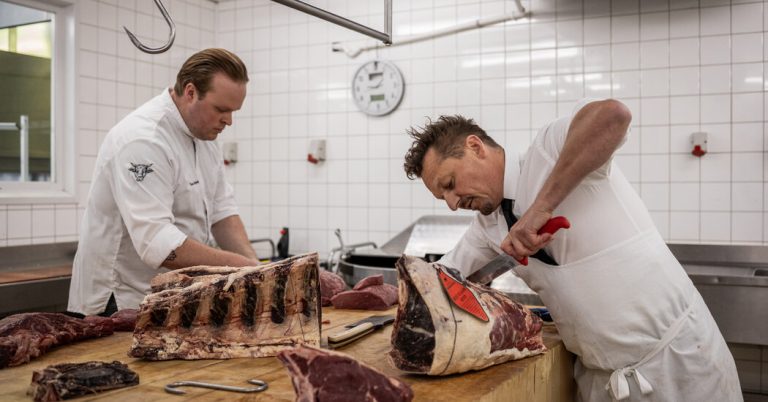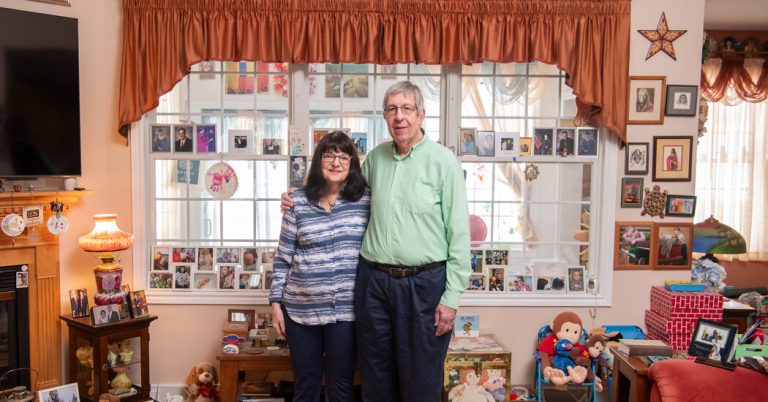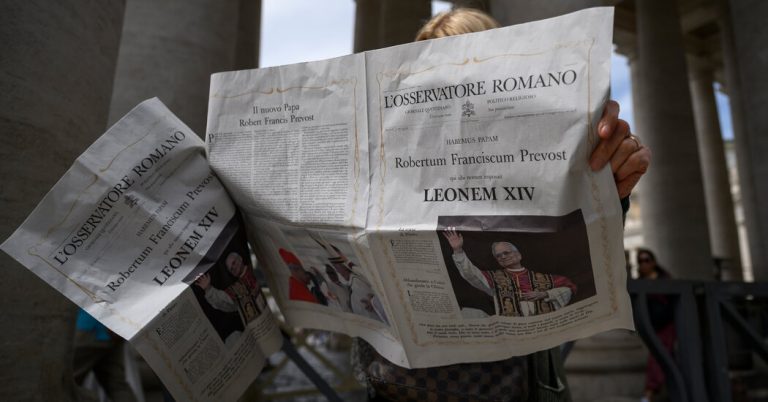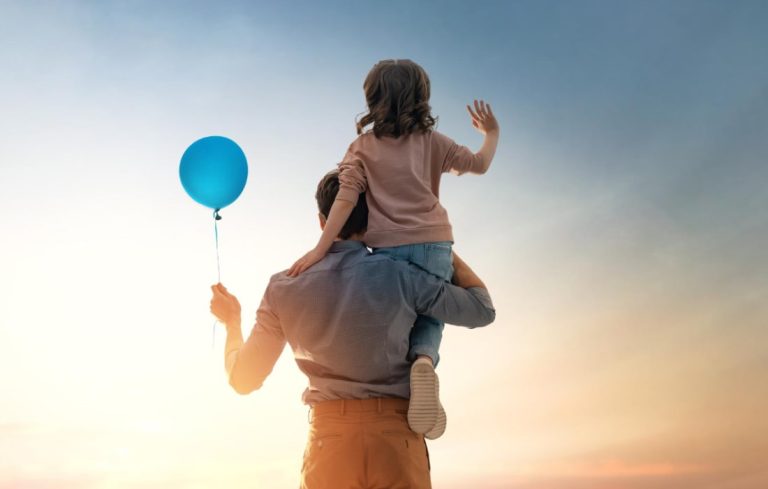El lunes de decenas de millones de personas de la península ibérica fue alterado por apagones que se prolongaron durante horas.
En toda España y Portugal, los hospitales funcionaban con generadores, los trenes estaban parados y los supermercados cerrados. El lunes por la noche se restableció parte del suministro en algunas zonas de España, pero muchos habitantes seguían esperando a que volviera la luz. Las autoridades se apresuraron a ubicar y reparar el problema mientras aún había luz diurna.
Aquí puedes ver algunos de los daños:
España
Córdoba
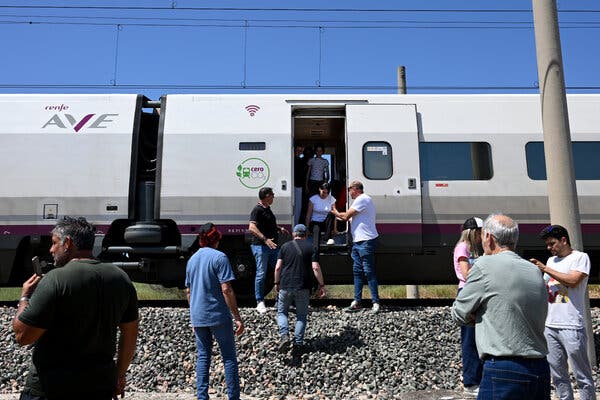
Credit…Javier Soriano/Agence France-Presse — Getty Images
Personas abandonan un tren de alta velocidad detenido cerca de Córdoba.
Pamplona
Un trabajador médico traslada a un paciente. Los hospitales funcionaron con generadores durante el apagón.
Madrid
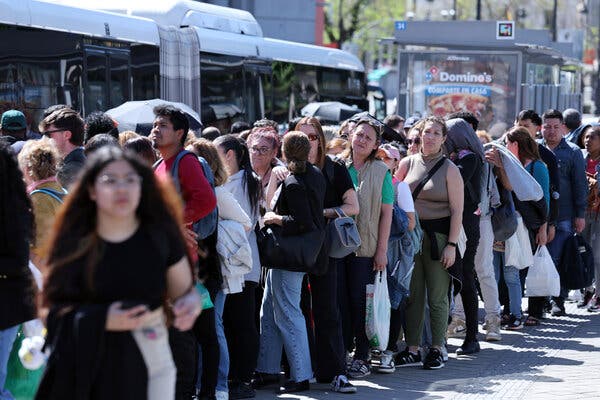
Credit…Thomas Coex/Agence France-Presse — Getty Images
La gente hace fila para llegar a una parada de autobús en el centro de Madrid. El metro y los trenes estuvieron fuera de servicio durante el apagón.
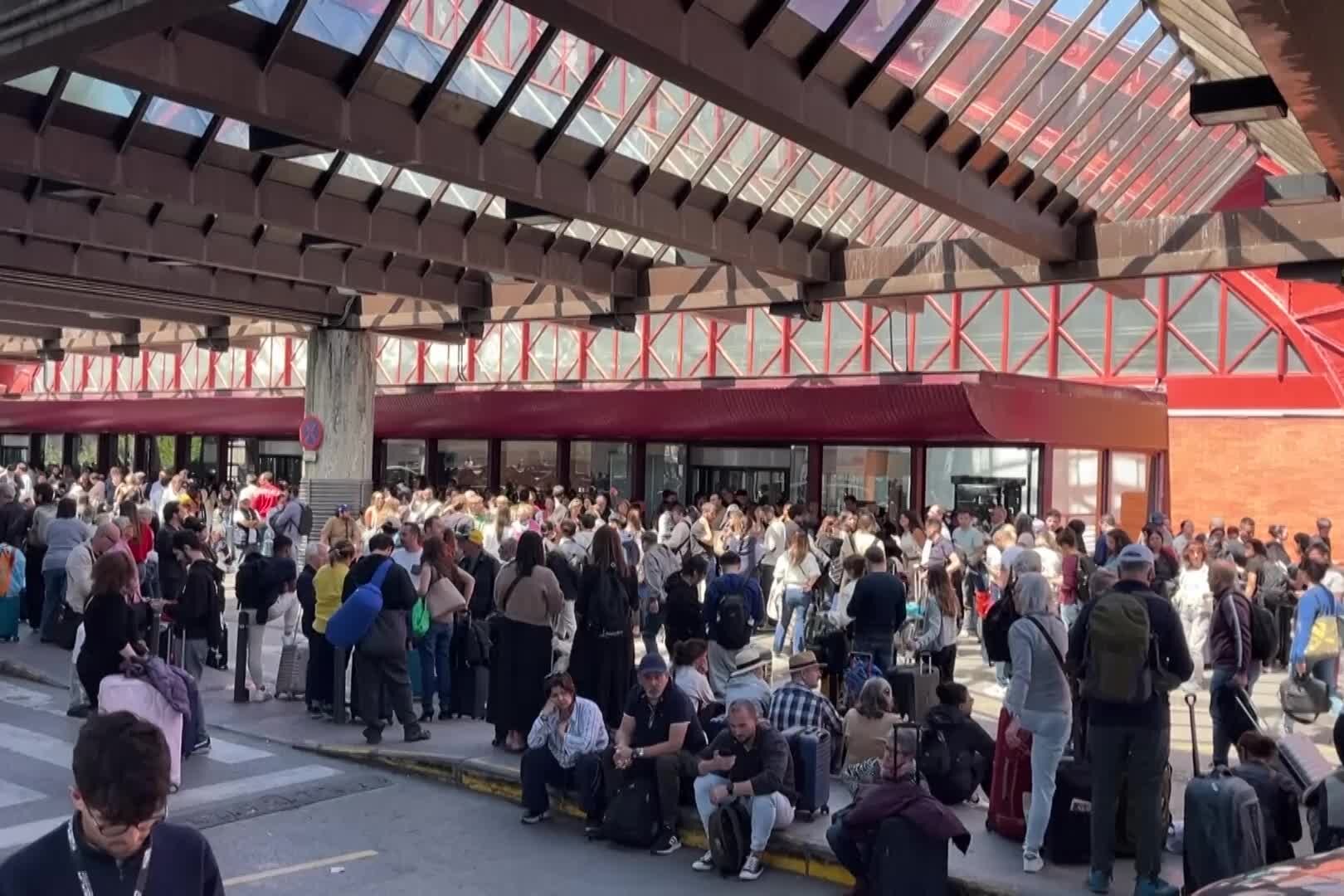
CreditCredit…Reuters
Viajeros varados esperan a que vuelva la electricidad.

Credit…Julian Finney/Getty Images
Se suspendieron los partidos de la séptima jornada del Open de Madrid.
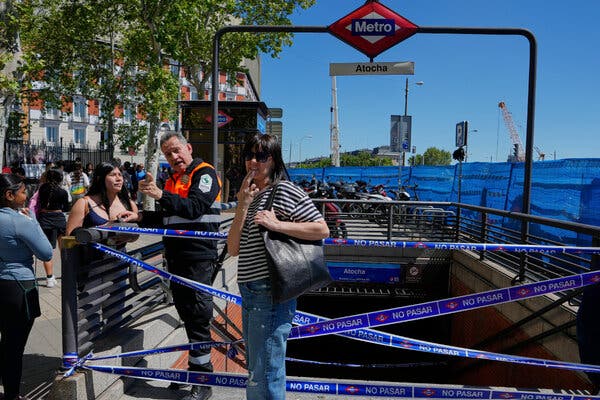
Credit…Manu Fernandez/Associated Press
Un guardia de seguridad habla con una mujer en el exterior de una estación de metro cerrada.
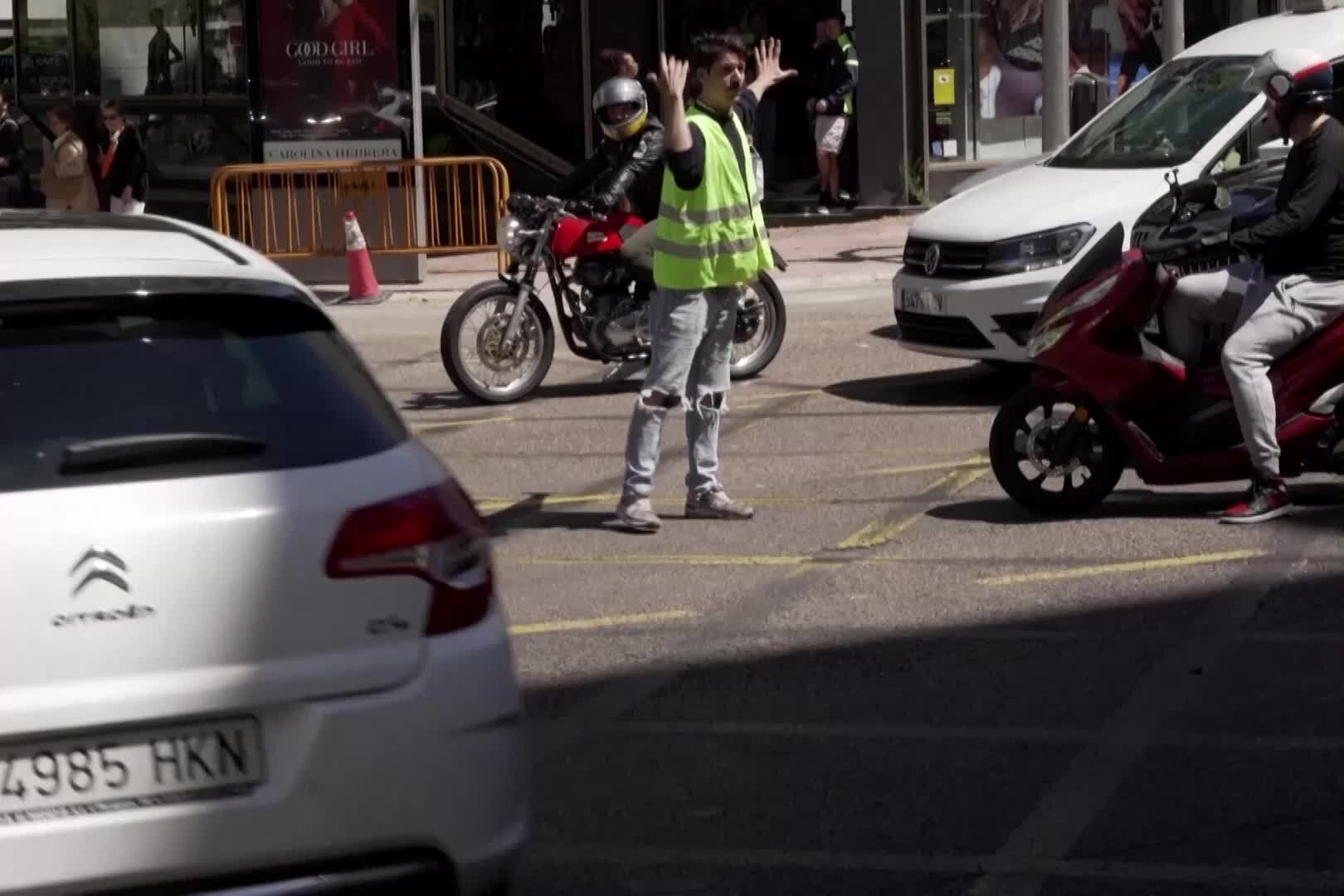
CreditCredit…Reuters
El tráfico se acumuló en todo Madrid después de que se apagaran los semáforos. Empleados públicos dirigían coches y motocicletas en los cruces más concurridos.
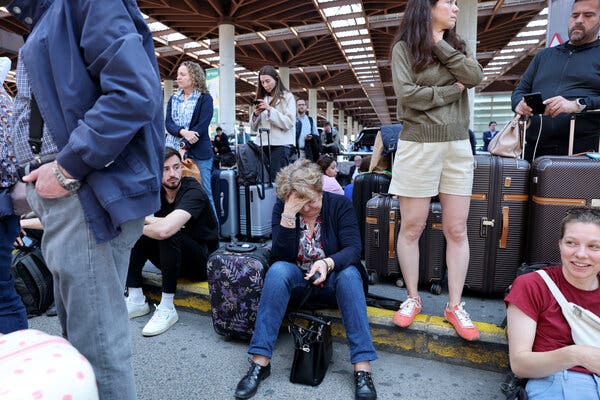
Credit…Thomas Coex/Agence France-Presse — Getty Images
Viajeros esperan sentados con su equipaje en la estación de tren de Atocha.

CreditCredit…Reuters
Las tiendas a oscuras se vaciaron y los trabajadores de la construcción esperaron a que volviera la luz.
Burgos
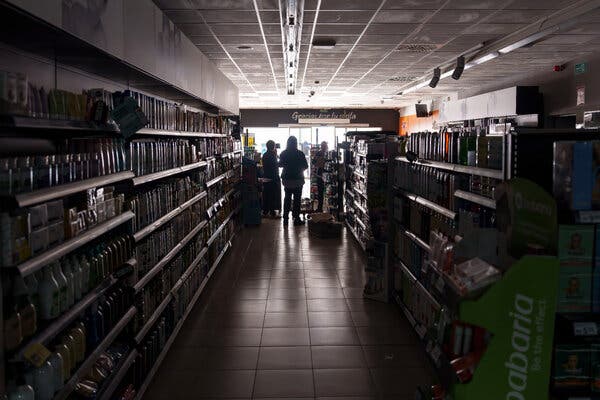
Credit…Cesar Manso/Agence France-Presse — Getty Images
Empleados al interior de un supermercado sin electricidad.
Portugal
Lisboa
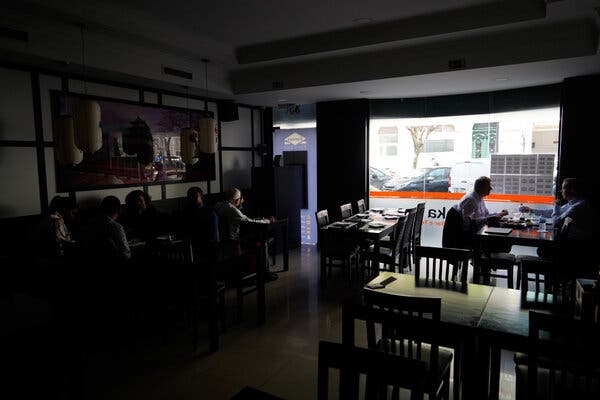
Credit…Adri Salido/Getty Images
Unos comensales cenan en un restaurante de Lisboa a oscuras.
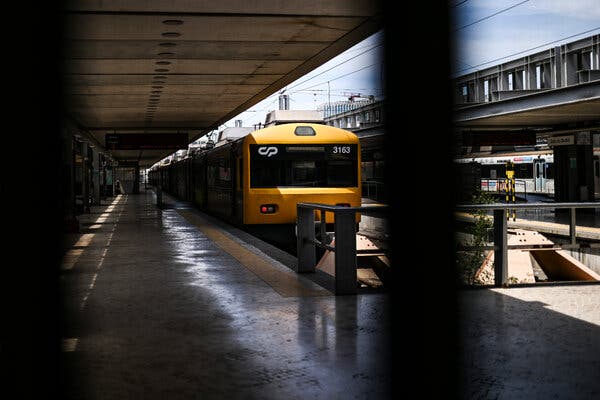
Credit…Patricia De Melo Moreira/Agence France-Presse — Getty Images
Una estación de tren de Cais do Sodre cerrada y vacía en Lisboa.
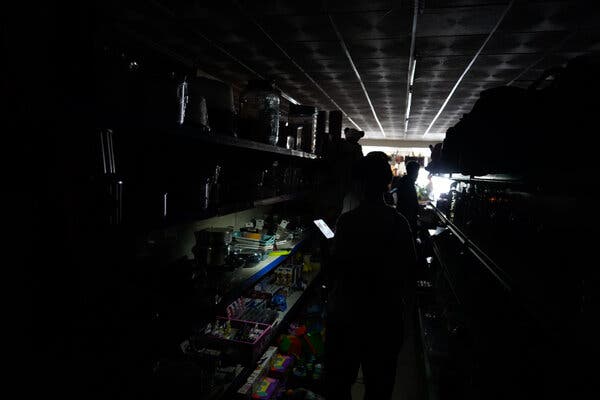
Credit…Adri Salido/Getty Images
La gente compraba alimentos a la luz de sus teléfonos.
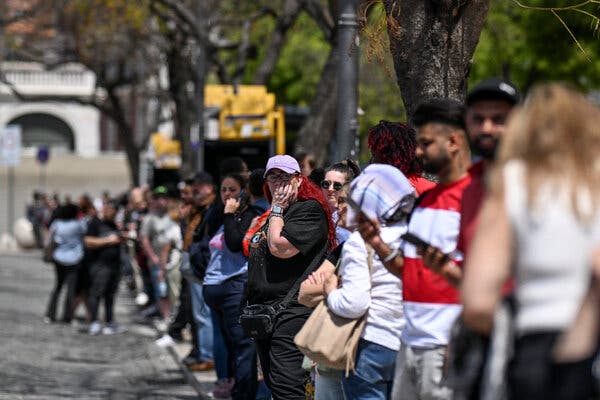
Credit…Patricia De Melo Moreira/Agence France-Presse — Getty Images
La gente hace fila en una parada de autobús en la Plaza del Rossio.
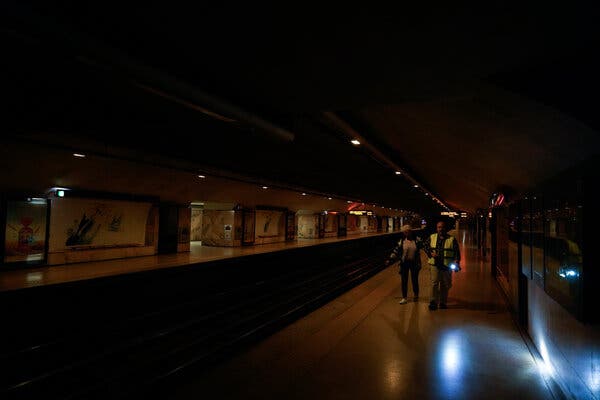
Credit…Adri Salido/Getty Images
Un hombre con una linterna marca el camino en una estación de metro a oscuras.

